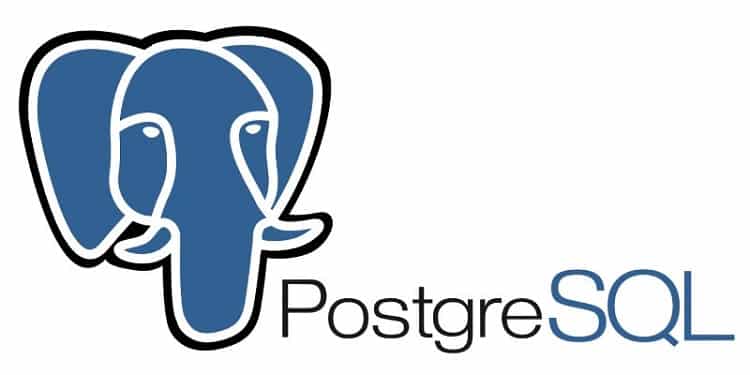
When appropriate, you can use two or more B-tree indexes. With PostgreSQL, B-tree indexes merged at runtime to evaluate are easily dynamically converted predicates. MySQL is, however, partially SQL compliant, and it doesn’t support check constraints. PostgreSQL DBMS is SQL compliant to a large extent. MySQL carries a unique ecosystem with several variants like Galera, MariaDB, and Percona. PostgreSQL doesn’t have a lot in terms of high-end options, but new features have been added to its most recent version to boost its ecosystem.
POSTGRESQL VS MYSQL SYNTAX CODE
MySQL’s source code is readily available under GNU’s General Public License.

POSTGRESQL VS MYSQL SYNTAX LICENSE
The license is a lot like the MIT and BSD licenses. PostgreSQL is released under its free, open-source PostgreSQL license. In the PostgreSQL vs MySQL performance debate, MySQL is mostly used in web-based projects and requires a database for straightforward and simple data transactions. In the PostgreSQL vs MySQL performance debate, PostgreSQL is used in large systems where reading and writing speeds are crucial. MySQL is only ACID-compliant when used with NDB Cluster Storage and InnoDB engines. Here are 17 differences between MySQL and PostgreSQL: Developers find them useful for a lot of different reasons. This means that PostgreSQL and MySQL have database architectures that structure data according to a relational data model. They are complex tech innovations created to simplify data operations across a wide range of business use cases and are relational DBMS. PostgreSQL is an OBRDMS or Object-Relational Database Management System, while MySQL is more of a community-driven digital management system. The first thing to consider when making PostgreSQL vs MySQL comparison is to check their respective meanings and then their PostgreSQL vs MySQL syntax. PostgreSQL vs MySQL: 18 Difference Between MySQL and PostgreSQL You Need to Know So how do you know which of these two unique database management systems to use? Not to worry, this article covers the difference between MySQL and PostgreSQL, what they are, which is better, and when to use them. The fact is one is better than the other for specific jobs, with one better for analytical processes and the other more focused on speed and reliability. MySQL, on the other hand, is a lot simpler to use, set up, and manage, is fast, easy to understand, and is super reliable.Įach of these database management systems has its uses, but these uses may lead to similar paths and goals. However, with the coming of these two DBMS comes the big argument: PostgreSQL vs MySQL? The decision to use either comes from the fact they serve different use cases and purposes.įor starters, PostgreSQL is rich with unique features and can handle some complex queries. In order to make this task seamless and less of a hassle, computer scientists created Database Management Systems, two of which are MySQL and PostgreSQL. Databases are collections of information that we structure in a way that makes updating and managing them much easier.


 0 kommentar(er)
0 kommentar(er)
